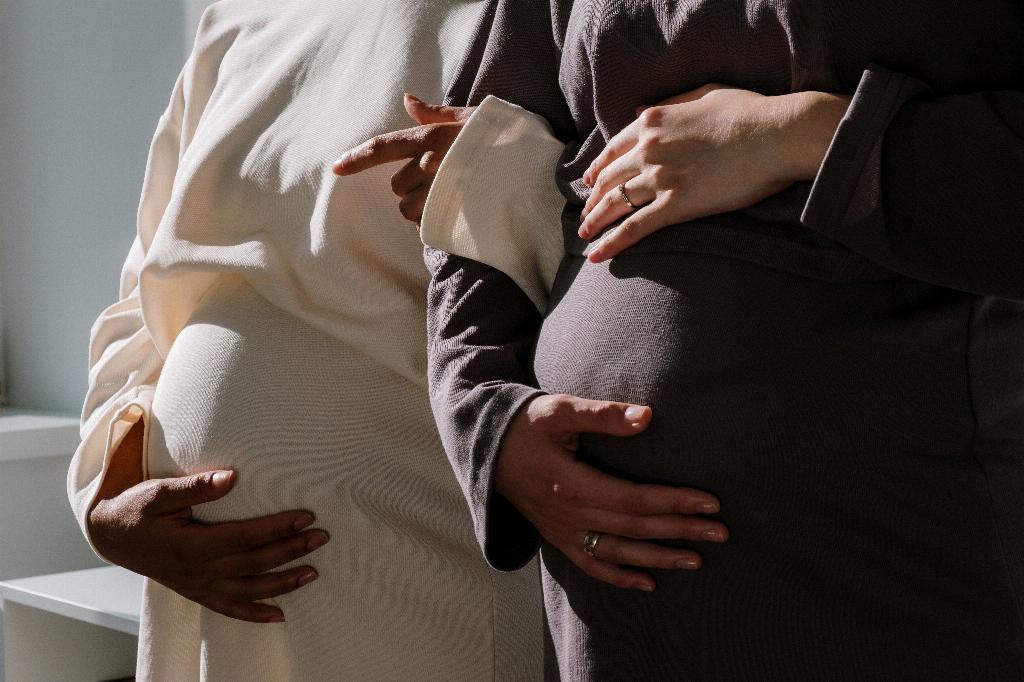When it comes to the topic of pregnancy and pre-ejaculate (commonly known as precum), various questions and concerns often arise. One question that frequently comes up is whether someone can get pregnant from precum. It’s crucial to acknowledge that the possibility of pregnancy from precum does exist, and understanding this concept is essential for those practicing safe sex.
What is Pre-ejaculate?
Pre-ejaculate is a clear, lubricating fluid that is released from the penis during sexual arousal. It serves as a natural lubricant and helps prepare the urethra for the passage of sperm during ejaculation. While pre-ejaculate itself does not contain sperm, it is possible for sperm to be present in the fluid due to previous ejaculations that may not have been fully cleared from the urethra.
The Presence of Sperm in Precum
Research has shown that some individuals may have traces of sperm in their pre-ejaculate fluid. This can occur if residual sperm from a prior ejaculation remains in the urethra. While the concentration of sperm in precum is typically lower than in full ejaculate, the presence of even a small number of sperm cells can still lead to pregnancy.
The Risk of Pregnancy with Precum
Given the potential presence of sperm in precum, the risk of pregnancy from precum exists, albeit lower than with full ejaculation. Factors such as the individual’s reproductive health, the timing of sexual activity in relation to ovulation, and contraceptive use can all influence the likelihood of pregnancy occurring.
Understanding Fertility and Ovulation
Fertility is influenced by various factors, including an individual’s menstrual cycle and ovulation. Ovulation refers to the release of an egg from the ovary, typically occurring around the middle of the menstrual cycle. During this time, the chances of conception are higher, as the egg is available for fertilization by sperm.
Timing and the Risk of Pregnancy
Timing plays a crucial role in the likelihood of pregnancy from precum. If sexual activity takes place around the time of ovulation, the risk of pregnancy increases, as the egg is most likely to be present for fertilization. Even if ejaculation does not occur, sperm in precum can still potentially lead to conception.
Practicing Safe Sex
To reduce the risk of pregnancy and protect against sexually transmitted infections, it is essential to practice safe sex consistently. This includes the use of barrier methods such as condoms, which provide a reliable form of contraception and help prevent the transmission of STIs.
Communication and Education
Open communication with sexual partners about contraception and protection is key to ensuring a safe and mutually respectful sexual experience. Education about the risks of pregnancy and the importance of using contraception can empower individuals to make informed choices about their sexual health.
Consulting Healthcare Providers
For individuals with concerns about pregnancy or contraceptive options, consulting healthcare providers can offer valuable guidance and support. Healthcare professionals can provide information on various birth control methods, fertility awareness, and reproductive health, helping individuals make informed decisions about their sexual well-being.
Conclusion
In conclusion, while the risk of pregnancy from precum exists, it is essential to be aware of the factors that influence fertility and conception. By understanding the complexities of reproductive health, practicing safe sex, and seeking education and support when needed, individuals can take proactive steps to safeguard their sexual well-being.

